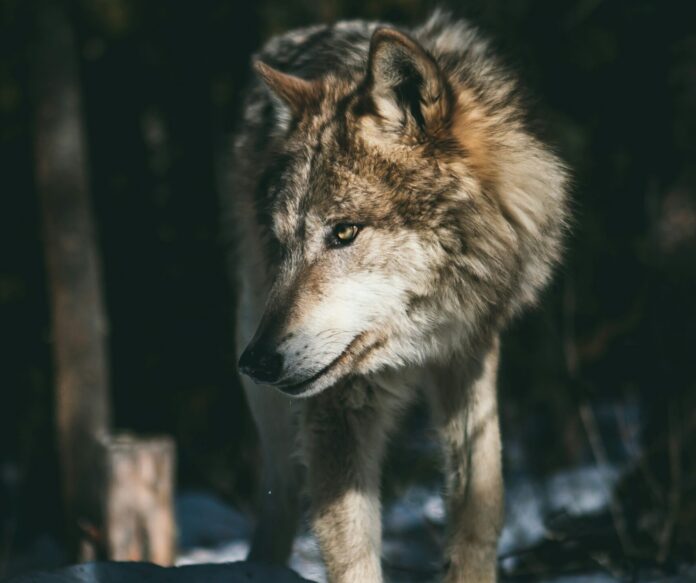Wolves, as majestic apex predators, have long fascinated and inspired awe in humans. However, along with admiration comes a fair share of myths and misconceptions about these elusive creatures. Let’s debunk three common myths about wolves to shed light on their true nature.
Wolves Are Ferocious Man-Eaters
Contrary to popular belief, wolves are not bloodthirsty beasts hunting humans at every opportunity. In reality, wild wolf attacks on humans are extremely rare. Wolves are naturally wary of humans and will typically avoid confrontation unless provoked or threatened. Most interactions between wolves and humans occur without incident, as wolves prioritize their natural prey, such as ungulates, rodents, and other small mammals.
Wolves Are Mindless Killers Decimating Prey Populations
Wolves are apex predators that play a vital role in maintaining ecosystem balance. While it’s true that they hunt and kill prey animals, their impact on prey populations is often exaggerated. Wolves primarily target weaker, sick, or older individuals, which can actually benefit prey populations by culling the weakest members and promoting healthier gene pools. Additionally, wolves’ presence can influence the behavior of prey species, leading to changes in habitat use and vegetation growth.
Wolves Pose A Significant Threat to Livestock
While wolves may occasionally prey on livestock, the extent of this predation is often overstated. Proper livestock management practices, such as using guardian animals, secure enclosures, and human presence, can greatly reduce the risk of wolf depredation. In many cases, non-lethal deterrents are effective in deterring wolves from attacking livestock, preserving both wolf populations and the livelihoods of ranchers and farmers.













